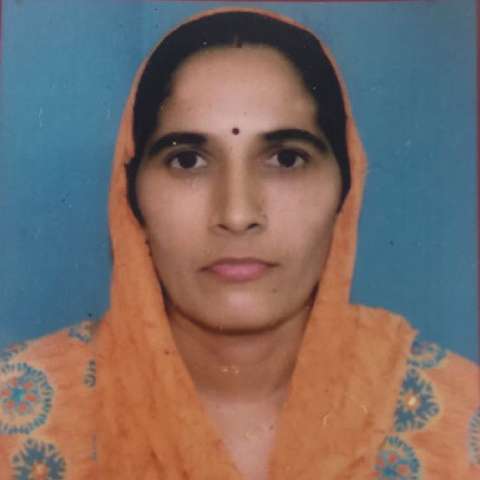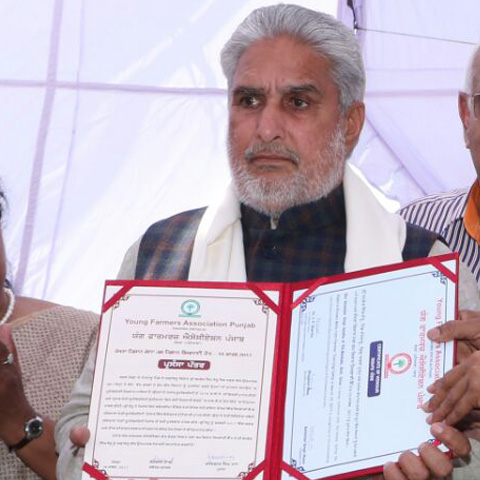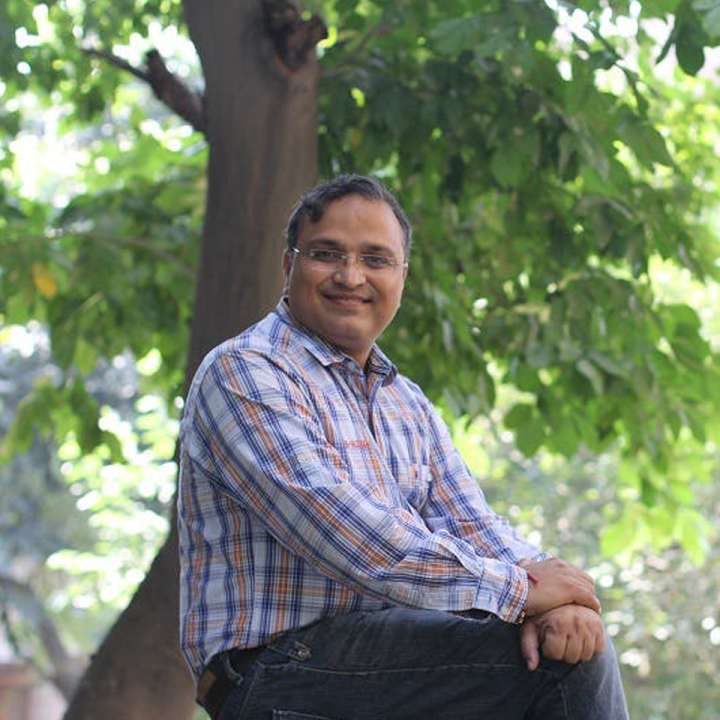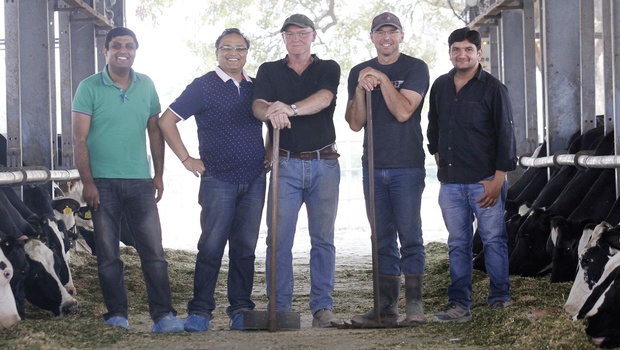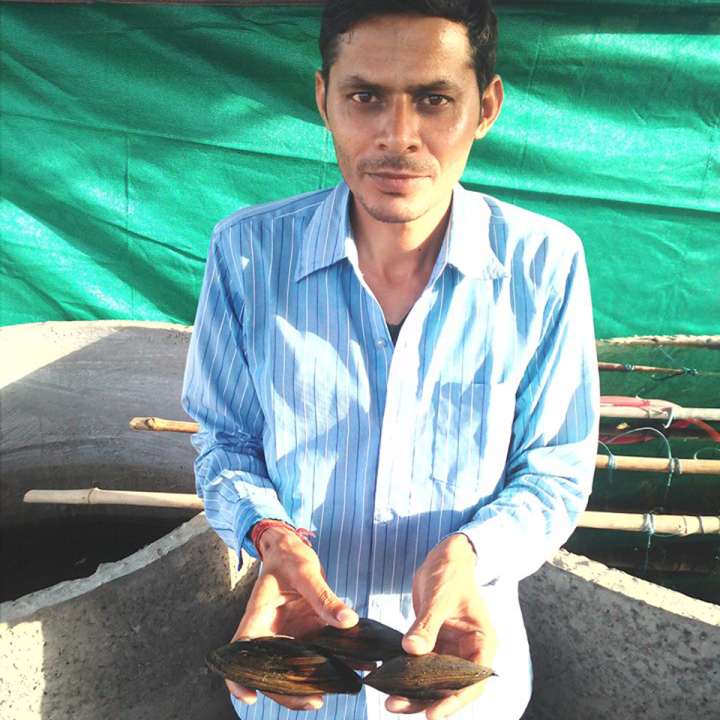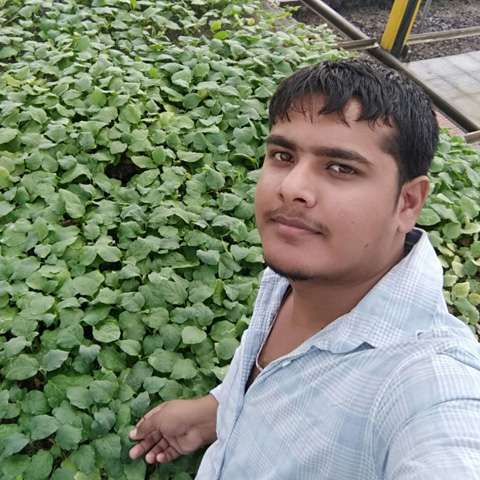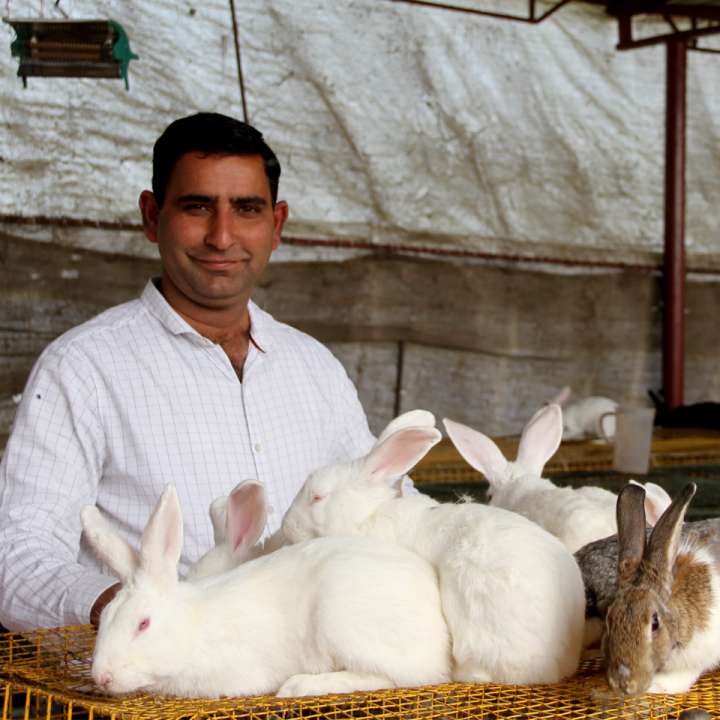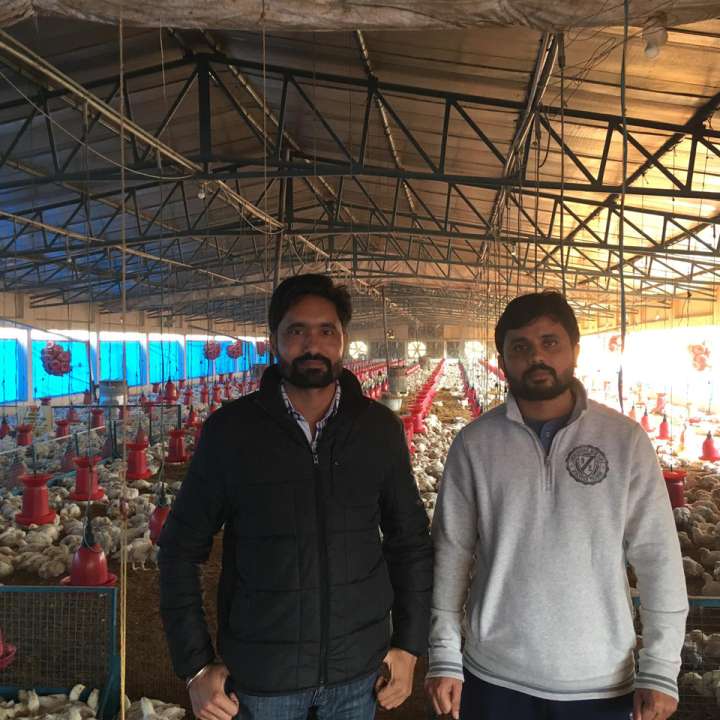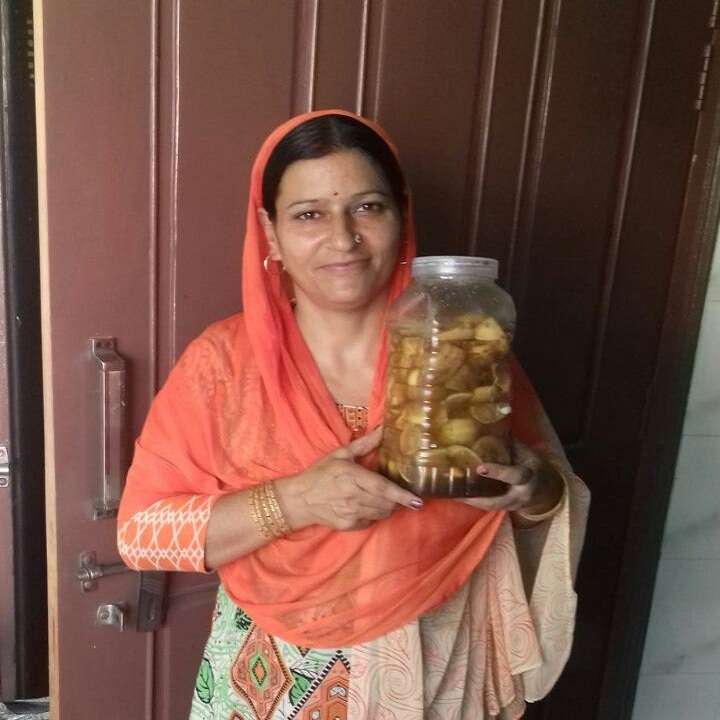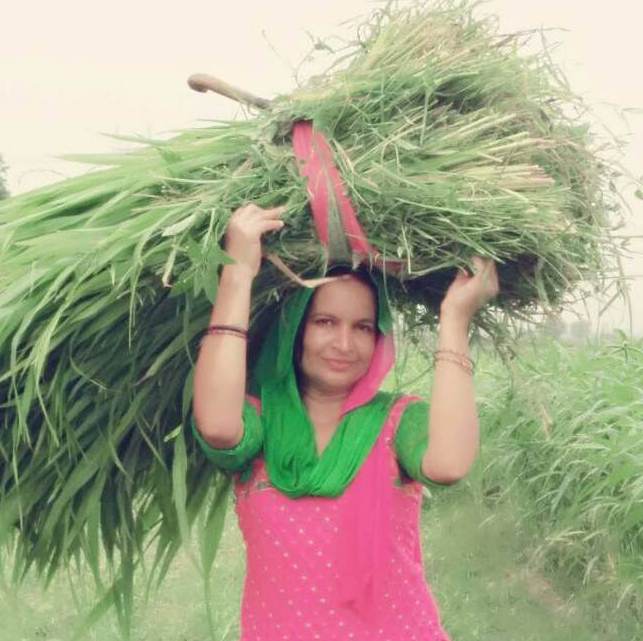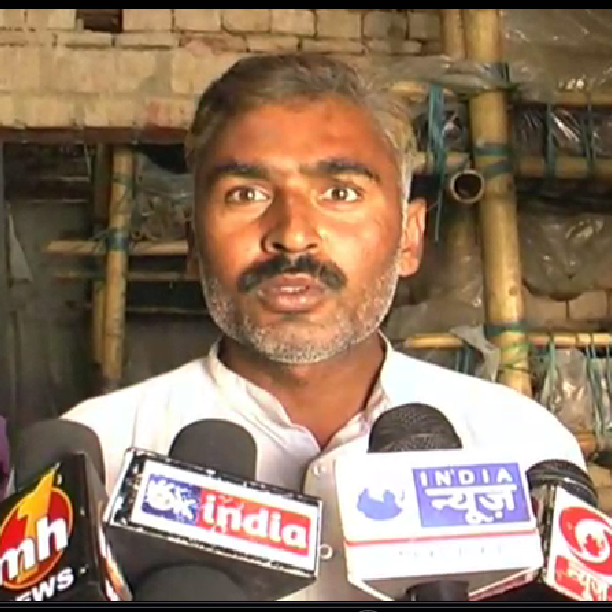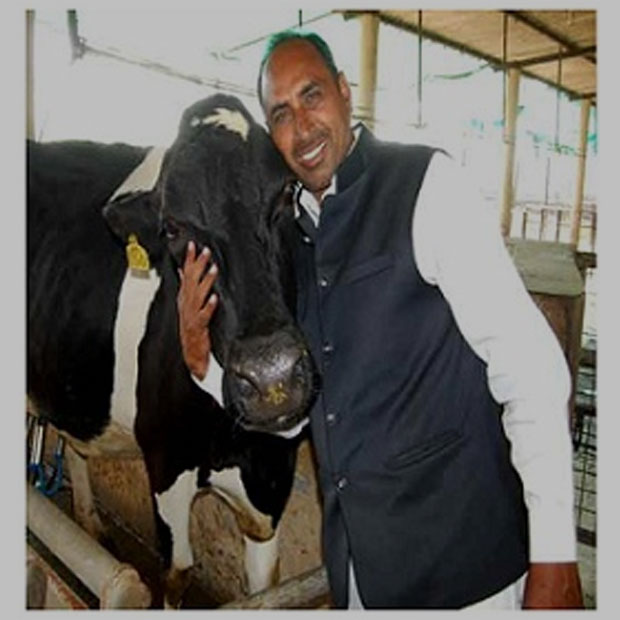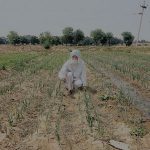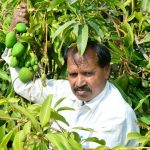They set a new example for farmers, successful story of two companions who took their goat farming business at International level
Goat Farming is a very profitable occupation because it requires very little investment. If we talk about livestock farming, most of the farmers are practicing Dairy Farming business. But now-a-days, Goat Farming is considered as the most successful profession in livestock farming and many young people are also getting successful in this profession. This is the story of two such young men who started practicing Goat Farming after completing their studies and in addition to achieving success, they are also training other farmers in this regard.
Sandeep Singh and Rajpreet Singh, residents of Taruana, a village in Sirsa district, Haryana, wanted to do business instead of doing job after graduation. Rajpreet has completed his M.Sc. in Agriculture, so on his suggestion, the two friends decided to pursue agriculture or livestock farming business. For this purpose, they first thought of setting up a polyhouse but due to some reason, they did not succeed.
After that, they decided to start livestock business. For this, they met with the veterinarians and they advised them to adopt Goat Farming.
With the advice of experts, they got training for the Goat Farming before starting. They went to CIR Mathura for training and after 15 days of training, they started SR COMMERCIAL Goat Farm at 2 kanal land in Taruana village.
Now-a-days, it is very common that if you want to start a business, it can be easy to get a loan from the bank but Sandeep and Rajpreet started the Goat Farm in 2017 with the help of their family members without any financial assistance.
As the saying goes, the paths are met with one’s advice, but to achieve the destination, one has to work hard.
So, both of them started working hard to achieve success in this business. They wisely started the Goat Farm with only 10 goats on a small scale, all of which were of the beetle breed. They brought these goats from the mandis of Ludhiana, Raikot, Moga, of Punjab State. Gradually, they became aware of the problems that arise in Goat Farming. Then they started looking for solutions to these problems.
Most difficult task for Goat farmers is the identification of the breed of goats. Therefore, information should always be taken from experts to identify the goats. – Sandeep Singh
Their steadfast determination and support from family members led them make the Goat Farming profitable. Sandeep and Rajpreet then started working on improving the goat breeds in the farm. Today, due to their hard work, the number of goats in their farm has increased from 10 to 150 within 2 years.
In goat breeding, one should never be dependent on labor. If we want to succeed in this profession, we have to work ourselves. – Rajpreet Singh
Knowing the difficulties that goat farmers face, they started providing Goat Farming Training to help other goat farmers so that they could make more profits. Sandeep and Rajpreet provide practical training on their farm, which provides the trainees more information and they are making good profits from the goat farming business using these techniques.
Apart from providing Goat Farming Training, SR Commercial Goat Farm sells goats to the farmers not only from Punjab and Haryana but also from other different states of the country.
In the coming time, Sandeep and Rajpreet want to start their own Goat Farming Training School and go ahead with the field of agriculture as well. In addition, they want to make goat’s feed products and do self-marketing.




